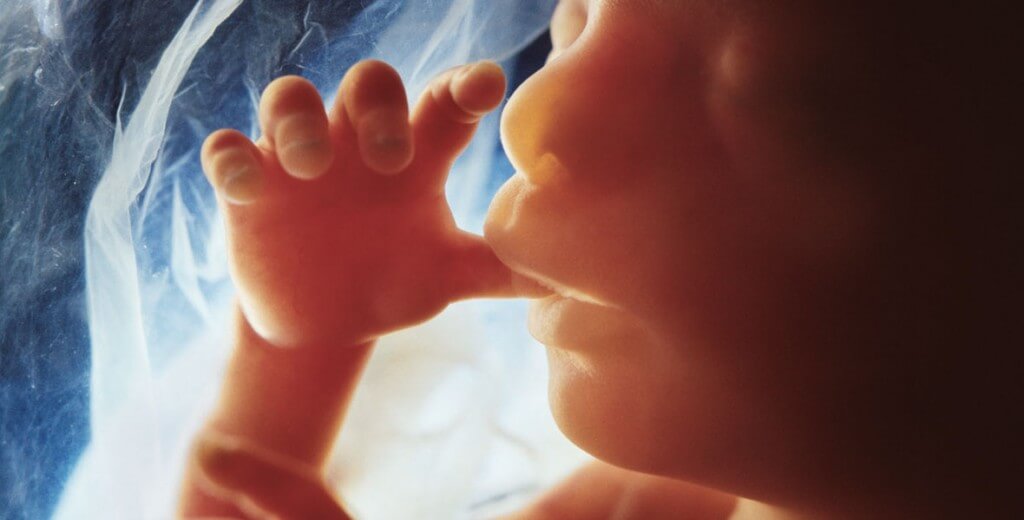This February marks the 71st anniversary of the lecture series What is Life? presented at Trinity College in Dublin, Ireland by quantum physicist Erwin Schrödinger — best known today for his Schrödinger’s Cat thought experiment.
In these lectures Schrödinger correctly described — ten years before James Watson and Francis Crick published their work on the structure of DNA (for which they won the Nobel prize in 1962) — many of the important and essential markers of the yet undescribed and undiscovered molecule that we now know determines everything about us and all other living things.
The lectures are remarkable for their prescience and clarity — they have an almost prophetic quality about them — but what I found most interesting (and it’s all interesting to me) are Schrödinger’s observations in the Epilogue, which he labeled On Determinism and Free Will.
After some warm-up remarks he says:
But immediate experiences in themselves, however various and disparate they be, are logically incapable of contradicting each other.
So let us see whether we cannot draw the correct, non-contradictory conclusion from the following two premises: (i) My body functions as a pure mechanism according to the Laws of Nature. (ii) Yet I know, by incontrovertible direct experience, that I am directing its motions, of which I foresee the effects that may be fateful and all-important, in which case I feel and take full responsibility for them.
What follows might blow your mind.
Billy Lee



